Faculty Bios
Conference Director: Alla Landa, PhD
Conference Organizing Committee: Alla Landa, PhD, Harald Gündel, MD, Brian A. Fallon, MD and Philip R. Muskin, MD
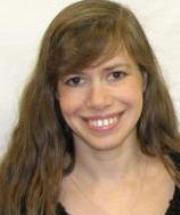
Alla Landa, PhD
Assistant Professor of Clinical Psychology in Psychiatry
Columbia University, New York, NY, USA
Center for the Study of Neuroinflammatory Disorders & Biobehavioral Medicine, NYSPI
Dr. Landa is a clinical psychologist who specializes in research and treatment of psychosomatic disorders. She obtained clinical training at LIU and NYU-Bellevue Medical Center, and postdoctoral research training in developmental neuroscience at Columbia University. Dr. Landa's work bridges clinical psychology and neuroscience, and is focused on the interface of emotion regulation, interpersonal well-being and physical health, with the goal of uncovering etiology of psychosomatic distress and developing new, effective treatments. In particular, she has formulated a translational research-based developmental theory of somatoform pain and its implications for treatment, and conducted studies on the neural bases of the effects of early development and interpersonal emotions on physical pain. Dr. Landa's treatment approach integrates modalities of therapy that have been shown to alleviate psychosomatic distress, including multidisciplinary team care for patients with psychosomatic disorders. In addition to research, she conducts comprehensive multidisciplinary evaluations for patients with chronic pain and psychosomatic distress, as well as individual and group psychotherapy in private practice.
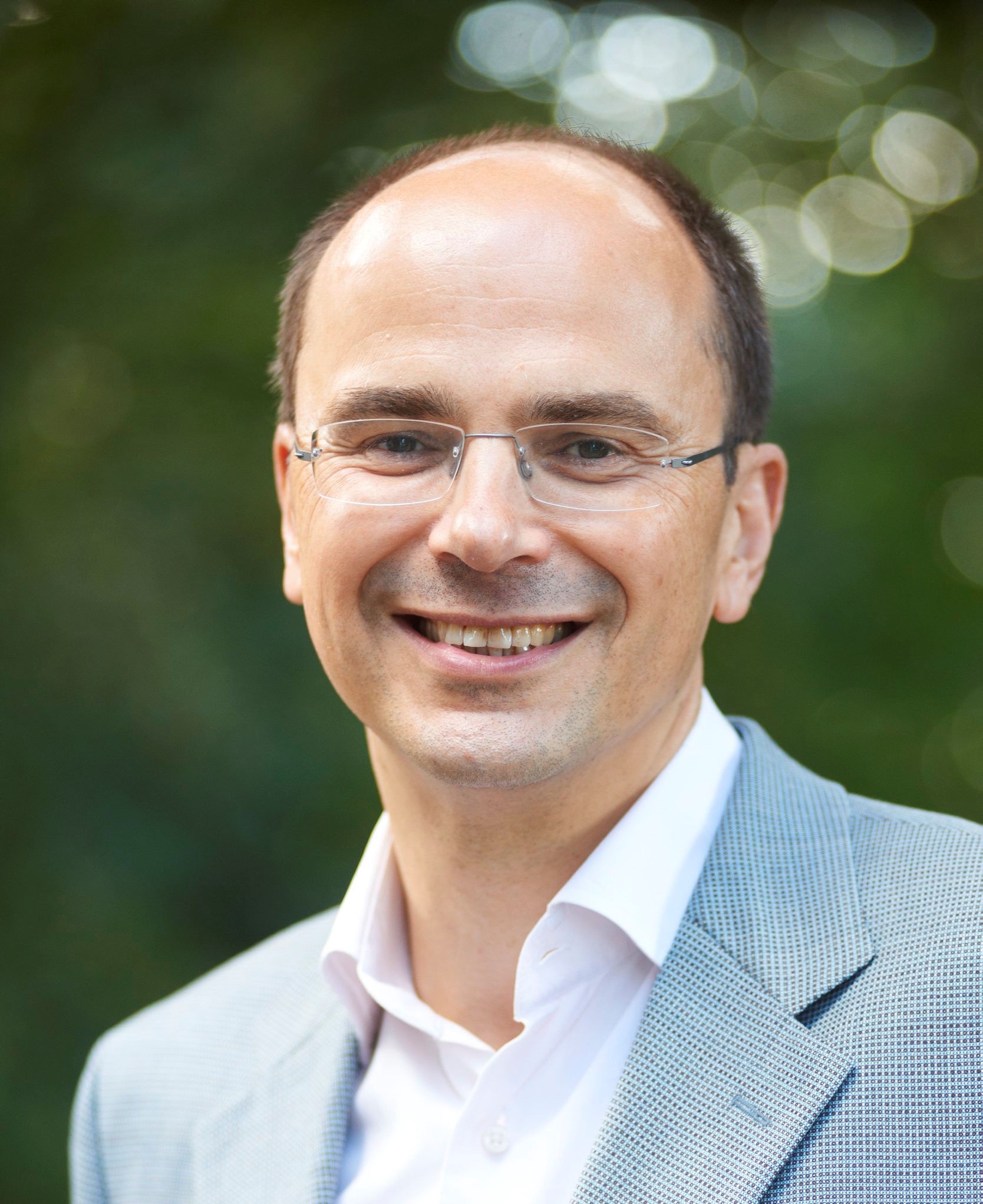
Harald Gündel, MD
Professor of Psychosomatic Medicine & Psychotherapy
Director, Department of Psychosomatic Medicine & Psychotherapy
University of Ulm, Germany
Dr. Gündel holds specializations in neurology (with sub-specialty in pain treatment), psychiatry, psychosomatic medicine, and psychotherapy, as well as a certification in psychoanalysis. He is a Director of the Department of Psychosomatic Medicine and Psychotherapy at the University of Ulm, Germany, which implements a multimodal treatment approach to inpatients and outpatients suffering from somatoform disorders and chronic pain. Dr. Gündel is also conducting clinical and basic research in the field of psychosomatics, and is the author of numerous publications in this field. Of note is his contribution to the multicenter randomized controlled study on the effects of psychodynamic short-term outpatient psychotherapy for patients suffering from severe somatoform pain disorders, and to neuroimaging research in patients suffering from these conditions. He received awards from the American and German Psychosomatic Societies, and serves as a board member of the German Society for Psychosomatic Medicine.
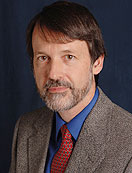
Brian A. Fallon, MD, MPH, MED
Director, Center for the Study of Neuroinflammatory Disorders & Biobehavioral Medicine, NYSPI
Professor of Clinical Psychiatry,
Columbia University, New York, NY, USA
Dr. Fallon directs the Center for Neuroinflammatory Disorders and Biobehavioral Medicine at NYSPI, a center which encompasses studies of somatoform disorders and those at the medical-neurologic-psychiatric interface. Dr. Fallon's research on OCD led him to conceptualize hypochondriasis as an obsessional disorder and to later demonstrate its responsiveness to SSRIs. This expertise led Dr. Fallon to serve as advisor to the DSM-5 Workgroup on Anxiety Disorders regarding the fate of hypochondriasis. More recently, he has focused on those with post-treatment Lyme disease, seeking to clarify pathophysiology and identify better treatments for this debilitating heterogeneous condition. His work - funded by the NIMH, NINDS, NARSAD, and foundations - has led to presentations before Congress, the CDC, and Institute of Medicine, and has been featured in popular media such as the New Yorker, NPR, and the New Scientist.
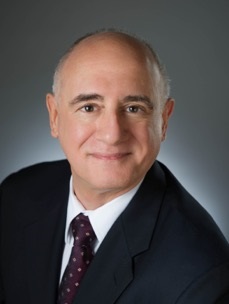
Philip R. Muskin, MD
Professor of Psychiatry
Chief of Service, Consultation-Liaison Psychiatry
New York-Presbyterian Hospital & Columbia University,
New York, NY, USA
Dr. Muskin is Chief of Consultation-Liaison Psychiatry and Professor of Psychiatry at the Columbia University Medical Center, and a faculty member of the Columbia University Center for Psychoanalytic Training and Research. He received his MD from New York Medical College, where he was AOA, and completed psychiatric residency and fellowship at the NYS Psychiatric Institute. He is the editor/author of ten books and more than 90 articles or book chapters. He served as chair of the Scientific Program Committee of the American Psychiatric Association for the 2001, 2002, 2014, and 2015 meetings. He is a past chair of the APA Council on Psychosomatic Medicine.
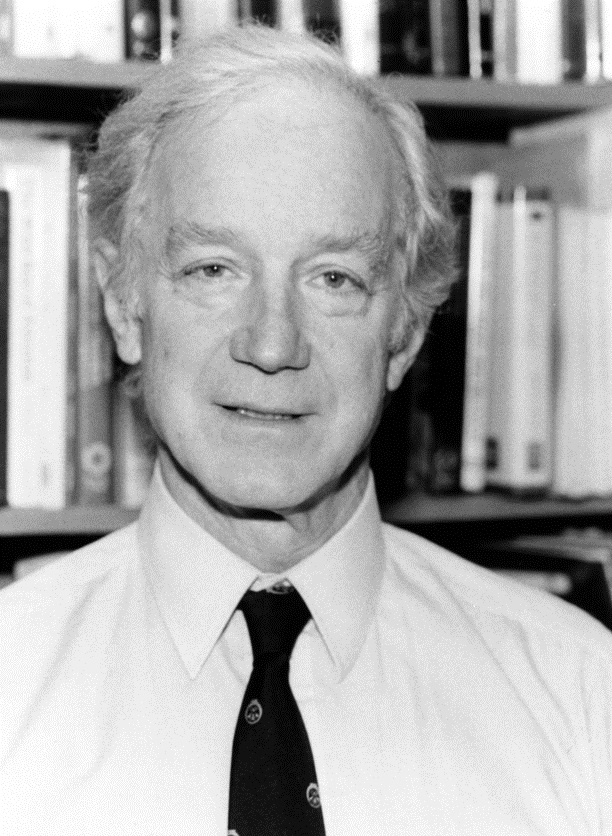
Myron A. Hofer, MD
Sackler Institute Professor,
Developmental Psychobiology Emeritus Founding Director,
Sackler Institute for Developmental Psychobiology,
Columbia University, New York, NY, USA
During his long career in research at Columbia and Albert Einstein schools of medicine, Dr. Hofer has explored the basic developmental processes taking place within the mother infant relationship. Using an animal model system, he and his colleagues found hidden regulators of physiology and behavior within the mother-infant interaction and showed how these can have long-term, even transgenerational effects on later vulnerability to illness. This research has forged a new understanding of the early origins of attachment, the dynamics of the separation response, and the long-term shaping of development by the first relationship. He is now involved in clinical research on the long term effects of very early mother-infant interactions in the neonatal intensive care unit. He has served on the editorial boards of Psychosomatic Medicine, Behavioral Neuroscience, and Developmental Psychobiology; and has been elected president of the American Psychosomatic Society and the International Society for Developmental Psychobiology. Among his awards are the Thomas William Salmon Award Lectures, the NIMH Research Scientist Award and the Paul Hoch Award of the American Psychopathological Association.
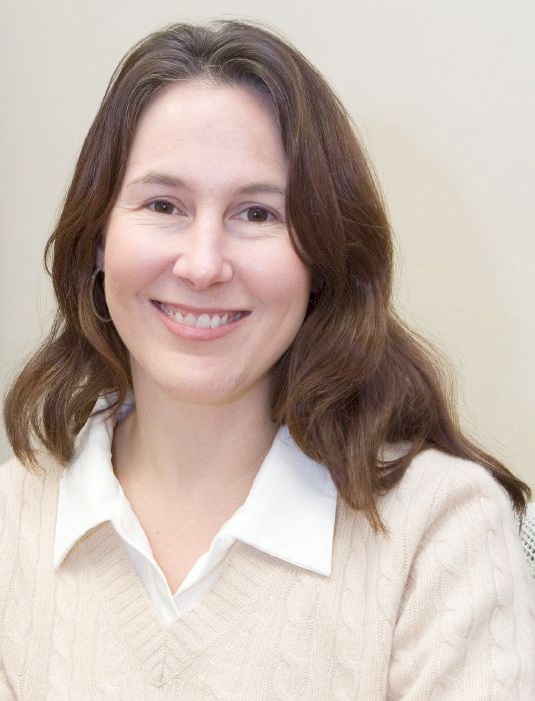
Frances A. Champagne, PhD
Associate Professor
Department of Psychology, Columbia University,
New York, NY, USA
Dr. Champagne's doctoral and post-doctoral research was focused on the neurobiology of maternal care and the epigenetic effects of mother-infant interactions. Studies in rodents suggest that the quality of maternal care received in infancy can lead to long-term changes in offspring gene expression and behavior. Dr. Champagne's current and ongoing research explores the implications of these influences for the transmission of behavior across generations and the molecular mechanisms through which these effects are achieved. Dr. Champagne uses rodent models to study epigenetics, neurobiology, and behavior and also collaborates with clinical researchers who would like to apply the study of epigenetics to better understand origins of variation in human behavior. In addition to investigating the modulating effects of mother-infant interactions, Dr. Champagne is currently exploring a broad array of social influences and environmental exposures. In 2007 she received an NIH Director's New Innovator Award. Dr. Champagne's research is funded by NIMH, NIEHS, and the EPA.

Suzi Tortora, EdD, BC-DMT, CMA, LCAT, LMHC
Founder & Director, Dancing Dialogue;
Manager, Dréa's Dream Dance/Movement Therapy Program for Pediatric Patients, Integrative Medicine Services, Memorial Sloan Kettering Cancer Center, New York, NY, USA
Dr. Tortora holds a doctorate from Columbia University and serves as the consultant to "Mothers, Infants and Young Children of September 11, 2001: A Primary Prevention Project" in the Department of Psychiatry, Columbia University under Dr. Beatrice Beebe. Dr. Tortora has a dance/movement psychotherapy practice in New York City and Cold Spring, New York. She has been the manager of the Integrative Medicine Services Dréa's Dream dance/movement therapy program for pediatric patients at Memorial Sloan-Kettering Cancer Center since its inception in 2003. Dr. Tortora has published numerous papers about her therapeutic and nonverbal communication analysis work and her book, The Dancing Dialogue is used extensively in dance/movement therapy training programs. Dr. Tortora received the 2010 Marian Chace Distinguished Dance Therapist award from the National Dance Therapy Association. She holds a board position at NY Zero to Three Network. Dr. Tortora has international training programs in Europe, South America and Asia including The Netherlands, Argentina and China. She has been featured on "Good Morning America," "Eyewitness News," ABC-TV, and Malcolm Gladwell's recent book, "What the Dog Saw."
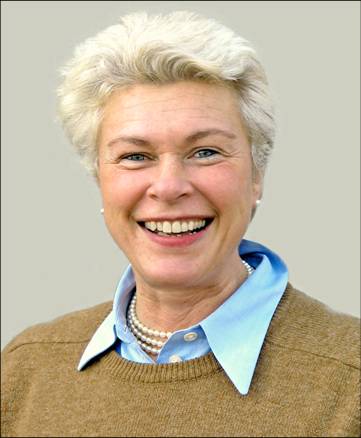
Alexandra Danner-Weinberger
Art Psychotherapist
Department of Psychosomatic Medicine and Psychotherapy,
University of Ulm, Germany
Ms. Danner-Weinberger has been the Art Therapist with the Department of Psychosomatic Medicine and Psychotherapy in the University of Ulm, Germany for more than 14 years. She received certification as an Art Therapist from the Institute of Art and Therapy (IKT) in Munich and obtained certification as a Practitioner of Psychotherapy (HPG) from the Health Department in Tübingen, Germany. For 6 years Mrs. Danner- Weinberger was trained in Analytic and Systemic Art Psychotherapy by Gisela Schmeer in Munich. Over the years, Ms. Danner Weinberger worked with patients suffering from a variety of psychosomatic, medical, and psychiatric conditions, who were treated on both inpatient and outpatient units. Ms. Danner-Weinberger also trains and teaches art therapy students from the Nürtingen University and the Institute for Art and Therapy in Munich. She also supervises Bachelor and Masters theses and is involved in research projects at the Universities of Ulm and Nürtingen.Mrs. Danner- Weinberger trains and teaches Psychotherapists at the University of Psychology, Institute of Human Rights, in Saigon, Vietnam.
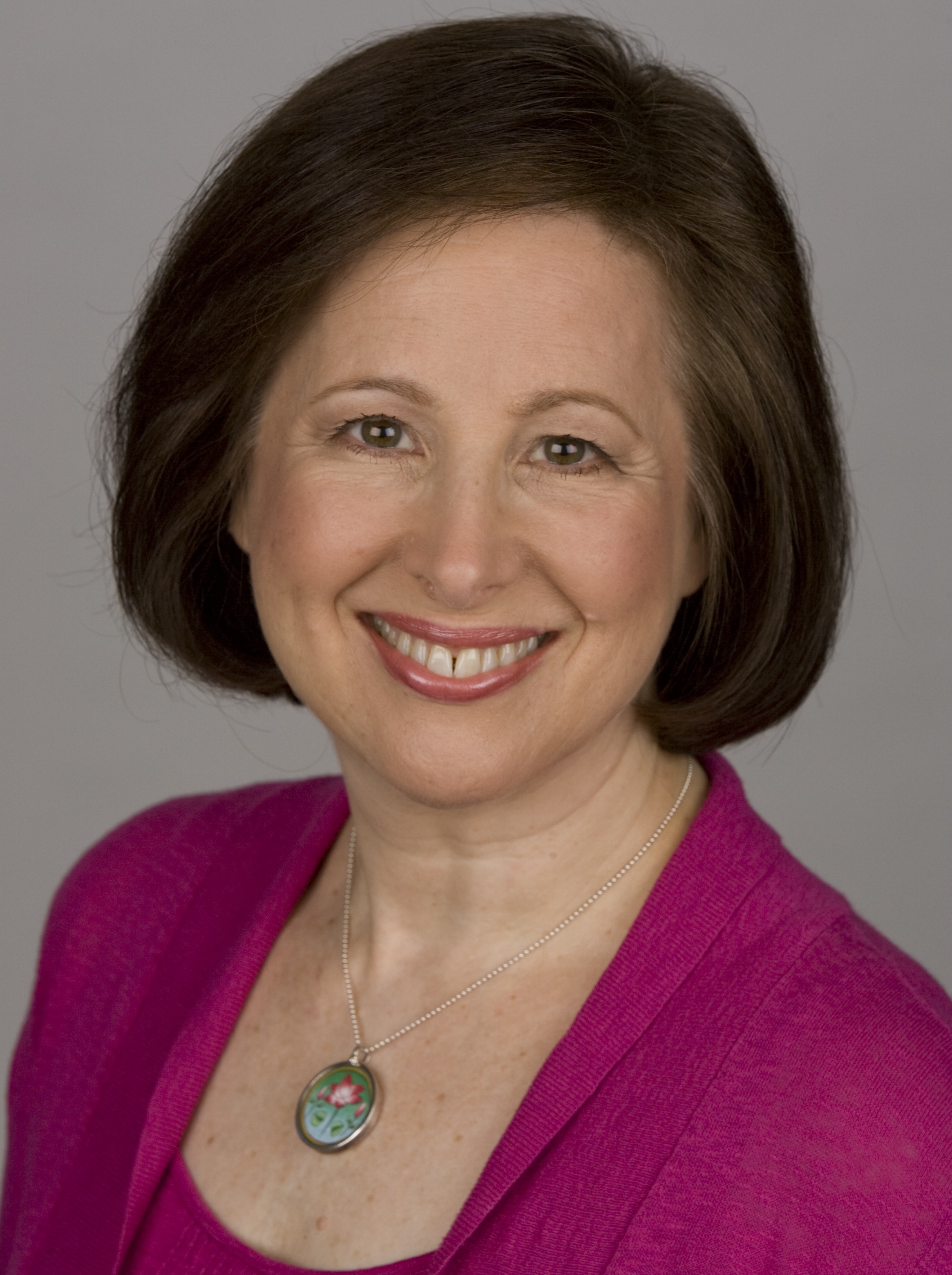
Patricia L. Gerbarg, MD
Assistant Clinical Professor in Psychiatry
New York Medical College
New York, NY, USA
Dr. Gerbarg, Assistant Clinical Professor in Psychiatry at New York Medical College, graduated from Harvard Medical School, Beth Israel Hospital Psychiatry residency, and the Boston Psychoanalytic Institute. Specializing in Integrative Psychiatry, Dr. Gerbarg serves on the Complimentary and Integrative Medicine Caucus of the APA and on the Board of the American Botanical Council. Her research and teaching focus on herbs, nutrients, and mind-body practices for stress-related medical conditions, pain syndromes, anxiety, depression, PTSD, mass disasters, and the military. Dr. Gerbarg teaches integration of mind-body practices with psychodynamic psychotherapy for complex chronic pain syndromes with psychological components, including fibromyalgia, back pain, inflammatory bowel disease, sexual trauma and temporo-mandibular pain. She co-authored more than 50 scientific articles and book chapters as well as three award winning books with Dr. Richard P. Brown: How to Use Herbs, Nutrients, and Yoga in Mental Health Care (First Place Alternative Health National Best Book and International Best Book); Non-Drug Treatments for ADHD (Nautilus Award Gold, Forward Review Psychology Gold, National Indie Awards Psychiatry Gold); and The Healing Power of the Breath (book and CD) (Living Now Book Award Gold; Nautilus Silver). Her Integrative Mental Health website is www.Breath-Body-Mind.com.
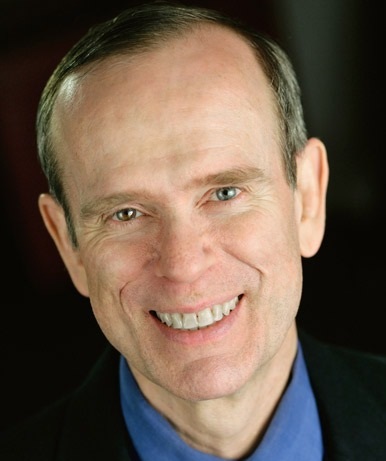
Richard P. Brown, MD
Associate Clinical Professor in Psychiatry
Columbia University,
New York, NY, USA
Dr. Brown, an Associate Professor of Clinical Psychiatry at Columbia University, completed his MD at Columbia University; Psychiatry Residency and fellowship in Psychobiology and Psychopharmacology at Cornell University Medical College. He specializes in Integrative Psychiatry, combining the best standard treatments with supplements and mind-body practices. Dr. Brown gives over 150 lectures each year and has published over 100 scientific articles, books and chapters. Dr. Brown's neurophysiological theory explores the effects of breathing practices on mind and body. He develops mind-body programs to relieve stress, pain, anxiety, depression, PTSD and stress-related medical conditions. A certified teacher of Aikido (4th Dan), Yoga, Qigong, and Open Focus Meditation, Dr. Brown conducts Breath-Body-Mind workshops and trains mental health clinicians and yoga therapists. His post-disaster workshops have brought physical and emotional relief to first responders and survivors of the 9/11 World Trade Center attacks, the earthquake in Haiti, the Gulf horizon oil spill, the school attack in Newtown, sexual trauma, and war and slavery in South Sudan, and active duty and military combat veterans.

Benedikte B. Scheiby, MA, MMEd, DPMT, CMT, LCAT, MBSR
Adjunct Professor of Music Therapy, New York University;
Director, Institute for Analytical Music Therapy;
Director, Music Therapy Training, Institute for Music and Neurologic Function, Bronx, NY, USA
Dr. Scheiby is a licensed Creative Arts Music Psychotherapist, Body psychotherapist and is trained in Mindfulness Based Stress Reduction (MBSR). Dr. Scheiby specializes in treatment, research and education in Analytical Music Therapy for people with psychological and/or medical trauma. She studied the Analytical Music Therapy (AMT), with its founder Mary Priestley in London. Dr. Schieby has worked as a music psychotherapist in cademia, mental health contexts and private practice for 35 years. She was a tenured professor for ten years and the co-founder of the first renowned academic music therapy program in Europe with a BA, MA, and PhD in Music Therapy at Aalborg University in Denmark. She is an accomplished author who published numerous papers and book chapters regarding the use of music psychotherapy for treatment of pain and emotional trauma.
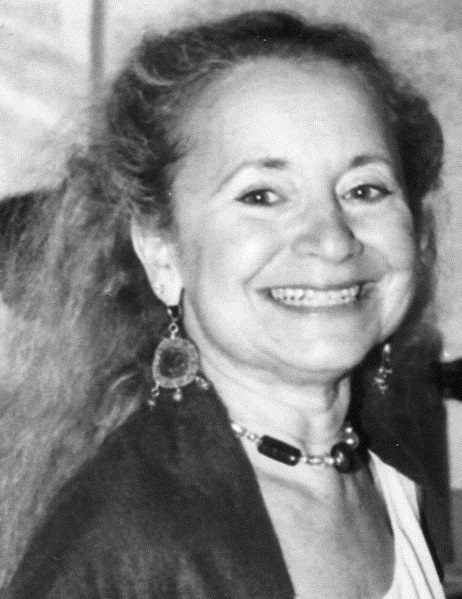
Sue A. Shapiro, PhD
Faculty, NYU Postdoctoral Program in Psychotherapy and Psychoanalysis;
Founder and Director Emeritus, Trauma Center, Manhattan Institute for Psychoanalysis, New York, NY, USA
Dr. Shapiro is a clinical psychologist and psychoanalyst who has been in private practice since 1978. She has a longstanding interest in the integration of physiological and psychological understanding of individual development and her adult patients' presenting symptoms. Following her internship at McLean Hospital and her years as an assistant unit chief at Kingsboro Psychiatric Center she developed an interest in working with people suffering from severe depression and bipolar disorder. Additionally in the mid 1980's she began a longstanding interest and expertise working with trauma-both adult responses to acute trauma, adults suffering from the consequences of childhood trauma, as well as people experiencing the enduring effects of intergenerational transmission of trauma. In 1989 she fought for and founded one of the first psychoanalytically oriented clinic for sexual abuse survivors. Many of these patients presented with both longstanding physical pain and autoimmune disorders. Dr. Shapiro's personal experience exploring various forms of body oriented therapies led to an interest in incorporating various nonverbal interventions in her clinical work including EMDR, Mindfulness, Breath work and Somatic Experience. Her 1996 paper, "The Embodied Analyst in the Victorian Consulting Room" published in Gender and Psychoanalysis, opened the way for relational psychoanalysts' attention to and exploration of patient and analyst's bodily experience during traditional verbal treatment. She is an Assistant Editor for Studies in Gender and Sexuality, and Contemporary Psychoanalysis, founding member and Faculty at Contemplative Studies Project and a Board Member of Ferenczi Center, New School for Psychoanalysis.
Peter Henningsen, MD
Professor
Director, Department of Psychosomatic Medicine and Psychotherapy, University Hospital, Technical University of Munich, Munich, Germany
Dr. Henningsen is trained as a neurologist and as a specialist in psychosomatic medicine, which is an independent medical specialty in Germany. He has a major interest in the epidemiology, diagnosis and treatment of somatic symptom disorders/functional somatic syndromes. He was the principal investigator of a multi-center randomized controlled trial on psychodynamic-interpersonal psychotherapy of pain-dominant multisomatoform disorders and he has coordinated the national German practice guidelines on the treatment of "non-specific, functional and somatoform symptoms." He is the associate editor of the "Journal of Psychosomatic Research" and is on the editorial board of "Psychosomatic Medicine". Currently, he is also the Dean of TUM School of Medicine.
Daniel J. Clauw, MD
Professor of Anesthesiology, Medicine (Rheumatology), and Psychiatry
Director, Chronic Pain and Fatigue Research Center, University of Michigan, Ann Arbor, MI, USA
Dr. Clauw is a Professor of Anesthesiology, Medicine and Psychiatry at the University of Michigan where he also attended undergrad and medical school. He completed an internal medicine residency and rheumatology fellowship at Georgetown University, where he held roles including Chief of Rheumatology and Vice Chair of Medicine. While at Georgetown he assembled an interdisciplinary team who began to study the central nervous system contributions to a number of chronic pain disorders, including fibromyalgia, interstitial cystitis, low back pain, and Gulf War Illnesses. This group of investigators, the Chronic Pain and Fatigue Research Center (CPFRC), moved to the University of Michigan in 2002 where Dr. Clauw helped grow the clinical and translational research infrastructure, becoming the first Assistant and then Associate Dean for Clinical Research, and the first PI of the University of Michigan Clinical and Translational Sciences Award. This group has used nearly identical methods in several different pain conditions - ranging from patient reported outcomes to functional and chemical neuroimaging - to identify the critical phenotypic features of individuals whose central nervous system is amplifying or magnifying their pain, and as such has been critical in helping elucidate the importance of the central nervous system in all chronic pain conditions.
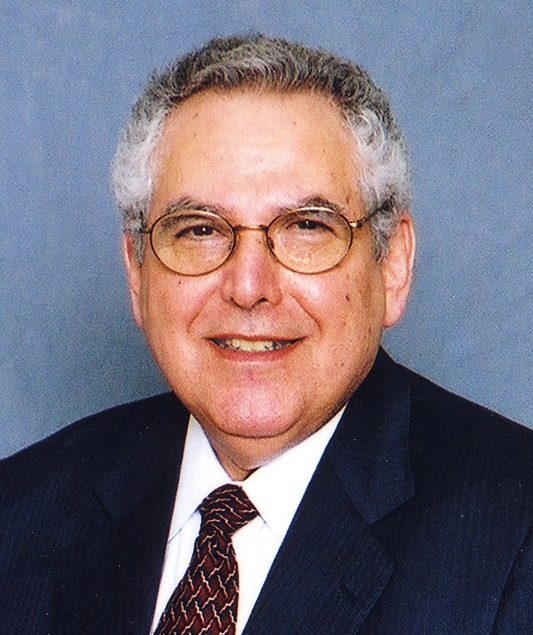
Stanley Fahn, MD
H. Houston Merritt Professor of Neurology
Director Emeritus, Movement Disorders Division, The Neurological Institute of New York, Columbia University Medical Center, NY, USA
Dr. Fahn's major interest has been in experimental therapeutics of movement disorders. He co-founded the Parkinson Study Group, the Movement Disorder Society, and the journal "Movement Disorders." He established the World Parkinson Congress in which patients, clinicians and scientists meet together. Dr. Fahn served as the first President of the Movement Disorder Society, President of the American Academy of Neurology (AAN), and has twice served as chairman of the Advisory Committee on Peripheral and Central Nervous System Drugs for the Food and Drug Administration. The AAN honored Dr. Fahn with the Wartenberg Award for outstanding clinical research, its A.B. Baker Award as an inspiring educator, and its first Movement Disorder Prize for major contributions in this field. He co-authored the textbook, "Principles and Practice of Movement Disorders," now in its second edition. In 2002, he was elected a member of the Institute of Medicine of the U.S. National Academies. His interest in psychogenic movements led to his developing criteria to diagnose this condition and a strategy to explain the diagnosis to patients, leading them toward appropriate and effective therapy.
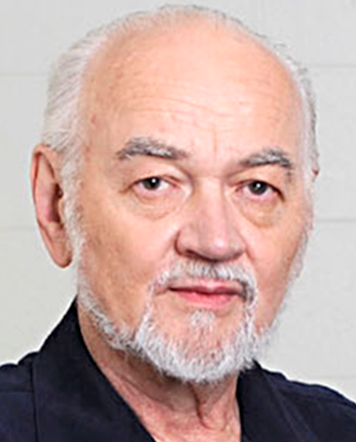
Jaak Panksepp, PhD
Professor of Neuroscience
Department of Integrative Physiology and Neuroscience,
Washington State University, Pullman, WA, USA
Dr. Panksepp is Professor of Neuroscience and Baily Endowed Chair of Animal Well-Being Science at Washington State University's College of Veterinary Medicine; Distinguished Research Professor of Psychobiology, Emeritus at Bowling Green State University, and head of Affective Neuroscience Research at the Falk Center for Molecular Therapeutics at Northwestern University. He is editor of the "Textbook of Biological Psychiatry" and author of "Affective Neuroscience: The Foundations of Human and Animal Emotions" (1998) as well as "Archaeology of Mind: Neuroevolutionary Origins of Human Emotions" (Norton, 2012, with Lucy Biven). In addition, he has written more than three hundred articles in the fields of physiological psychology, affective neuroscience & neuropsychoanalysis.
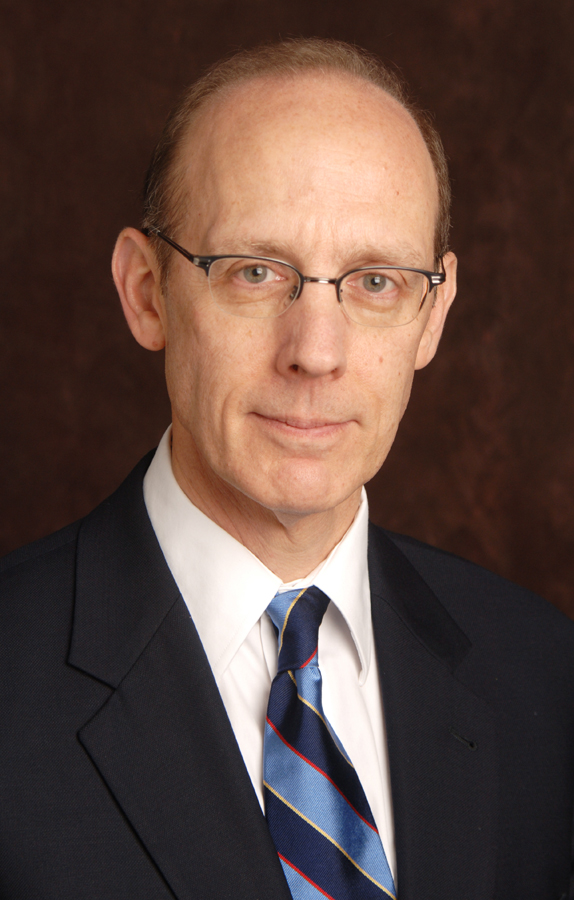
Peter A. Shapiro, MD
Professor of Psychiatry
Director, Fellowship Training Program in Psychosomatic Medicine, Associate Director, Consultation-Liaison Psychiatry Service, New York Presbyterian Hospital-Columbia University Medical Center, New York, NY, USA
Peter Shapiro is Professor of Psychiatry at Columbia University Medical Center, Director of the Psychosomatic Medicine fellowship program, and Associate Director of the Psychiatry Consultation-Liaison Service. He is a past president of the Society for Liaison Psychiatry, the Academy of Psychosomatic Medicine and the American Psychosomatic Society. His academic interests include depression, somatic symptom disorders, stress and the cardiovascular system, and psychiatric education. He is the author of over 60 peer-reviewed publications and 18 book chapters.

Ralph Wharton, MD
Clinical Professor of Psychiatry
Co-Director Reiner Center for Behavioural Medicine, New York Presbyterian Hospital-Columbia University Medical Center, New York, NY, USA
Special Presentation
Honoring work of Dr.John E. Sarno
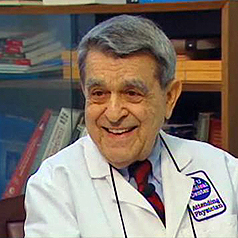
In this presentation we will honor the work of John E. Sarno, MD, Professor of Rehabilitation Medicine at New York University School of Medicine, and the Rusk Institute, Dr. Sarno successfully treated over ten thousand patients with chronic pain by educating them on psychological and emotional basis of their symptoms. His numerous books on this topic helped many patients gain insight into their suffering and alleviate chronic pain.